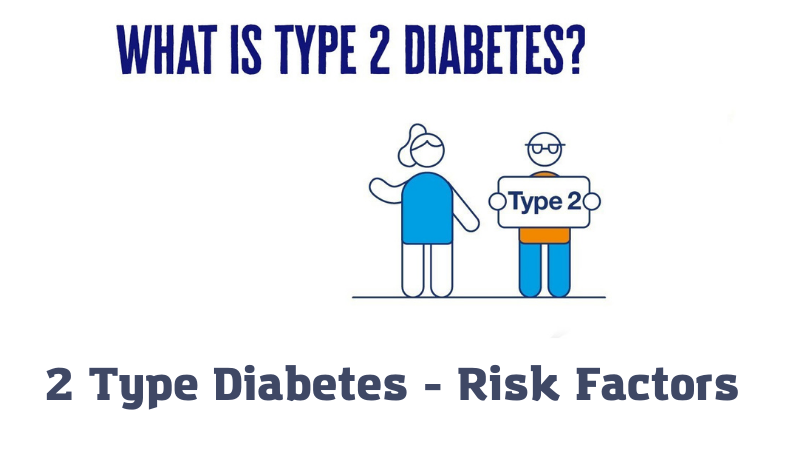 Diabetes mellitus is a whole group of diseases associated with a chronic increase in blood glucose levels, which is caused by insufficient production of insulin or its ineffective action. The risk of developing diabetes mellitus depends on many factors.
Diabetes mellitus is a whole group of diseases associated with a chronic increase in blood glucose levels, which is caused by insufficient production of insulin or its ineffective action. The risk of developing diabetes mellitus depends on many factors.
In type 2 diabetes mellitus, the process of glucose uptake by cells is disrupted, since the receptors of cell membranes become insensitive to the action of insulin and the so-called insulin resistance develops. In the future, the cells of the pancreas are damaged and the condition is aggravated by insulin deficiency. Metabolic disorders provoke pathological changes in various organs and systems.
Why does diabetes mellitus develop?
The reasons for the development of type 1 and type 2 diabetes are different. For type 1, they are not exactly established, but WHO experts most often name the following:
- viral infections: rubella, chickenpox, Coxsackie virus and others.
- lack of breastfeeding.
- early feeding of the baby with cow’s milk, which contains a special protein substance that promotes the formation of antibodies to the pancreas cells.
- genetic factors.
Factors that can stimulate the development of type 2 diabetes mellitus are divided into those that cannot be changed (unmodifiable) and those that can be influenced (modifiable).
The first factors are:
- genetic predisposition. If a child has both parents with 2 type diabetes, then the likelihood of developing the disease is 60% to 100%. If one of the parents, then the risk of developing the disease is reduced to 30-80%.
- age. The risk of developing type 2 diabetes increases with age.
- ethnicity: Asians, Hispanics, Africans are at greater risk than other groups.
Other risk groups:
- overweight women during pregnancy;
- women with disorders of carbohydrate metabolism during pregnancy;
- women who had children weighing 4 kg or more;
- women who have had spontaneous abortions, birth defects in children and other complications.
8 risk factors for diabetes mellitus
8 risk factors for type 2 diabetes that you can address to reduce your chances of getting sick:
- body mass. People who are overweight or obese are at higher risk of developing type 2 diabetes than people with normal body weight. You can determine the likelihood of developing the disease by calculating the BMI (body mass index). To do this, you need to divide the mass in kg by the height, recorded in meters, squared. BMI from 18.5 to 24.9 is the norm. The higher the BMI, the higher the risk of disease. So, with a BMI of 25 to 29.9 (overweight), the risk of getting sick doubles, and with a BMI of 30 to 34.9, which corresponds to grade 1 obesity, the same risk of developing type 2 diabetes increases by 5 times. If you add to it at least one unmodifiable factor, for example, heredity, then it will be quite difficult to avoid diabetes mellitus.
- nutrition. High calorie content, a large amount of easily digestible carbohydrates and saturated fats of animal origin, “fast food” – features of the modern diet that are becoming life-threatening. Such nutrition can lead not only to diabetes, but also to hypertension, strokes, heart attacks. It is known, for example, that daily consumption of sugary carbonated drinks increases the risk of developing type 2 diabetes by 83%.
- smoking, active and passive. A study that lasted 20 years showed that the stage of prediabetes is detected in 22% of smokers and in 11.5% of nonsmokers. Among passive smokers, those who can develop diabetes are more likely than among those who quit smoking.
- alcohol. Avoiding alcohol abuse reduces the risk of type 2 diabetes by 30%.
- sleep disturbances. In case of disturbed sleep patterns, impaired glucose metabolism can be detected within a week.
- concomitant diseases: arterial hypertension, atherosclerosis, disorders of fat metabolism, polycystic ovary disease and others.
How can you reduce your risk of developing type 2 diabetes? In 90% of cases, factors such as obesity, unhealthy diet and insufficient physical activity are responsible for the development of diabetes 2 type. They need to be kept under control to reduce the likelihood of developing this disease.